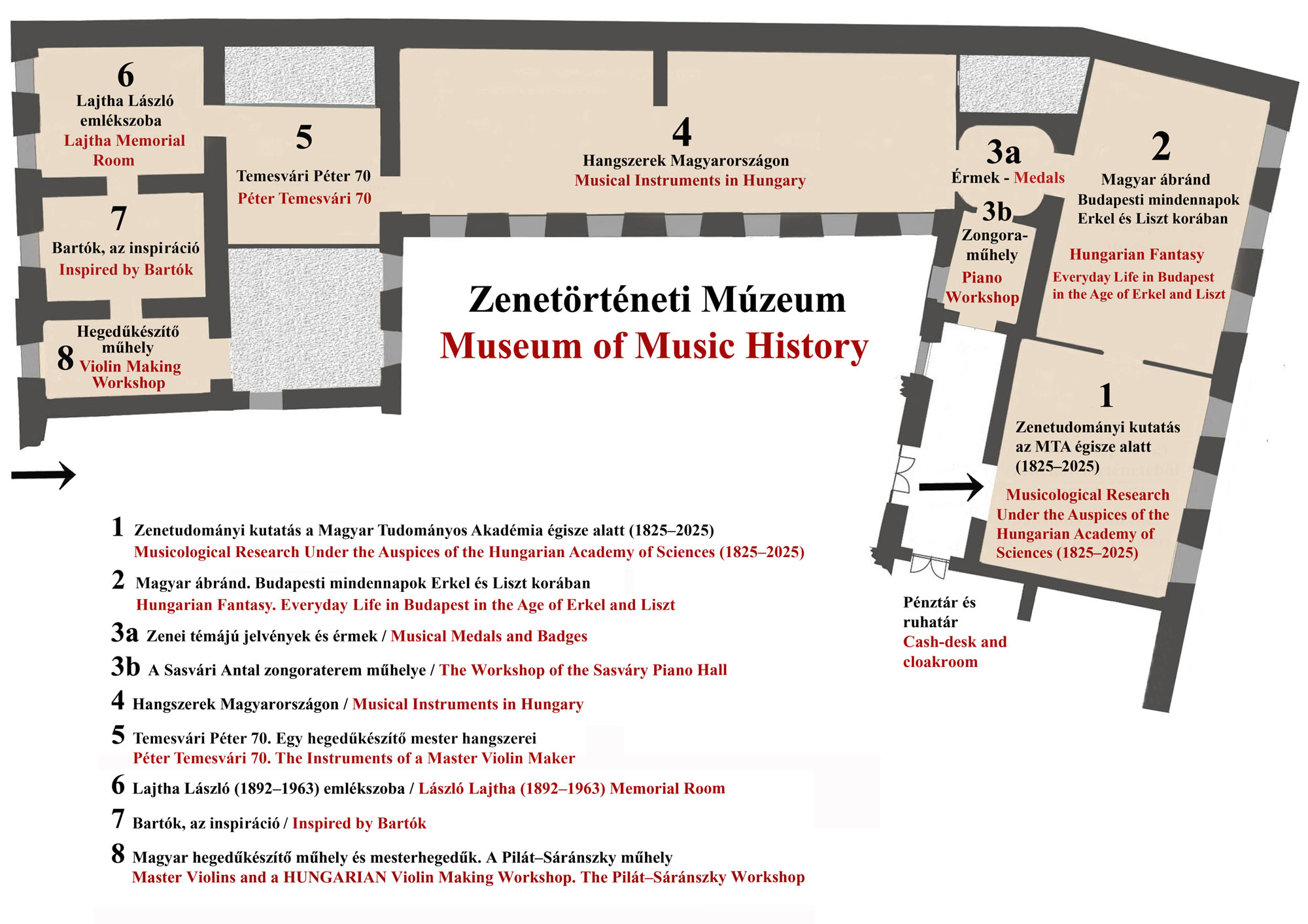Exhibitions in the Museum of Music History
IN MEMORY OF TIBOR DÉVAI
Exhibition in the fourth room of the Museum of Music History
Curator: Péter HALÁSZ
TEMPORARY EXHIBITION
The exhibition is open between November 11, 2025 and December 21, 2025
Tibor Dévai (1927–2024), pianist and music educator, a teacher and source of inspiration for generations. He studied piano at the Liszt Ferenc Academy of Music between 1946 and 1952, as a student of Pál Kadosa. He participated in the 1949 Chopin Competition in Warsaw. From 1952 to 1955 he taught at the Debrecen Secondary School of Music, and from 1955 he was a member of the teaching staff of the Metropolitan Music School Organization. From 1968 he worked as a piano teacher and accompanist at the State Music School of the 19th district of the capital. Around fifty of his students went on to choose music as their profession.
In 1957 he founded the Hungarian Piano Duo with Lajos Dévényi, filling an important gap in the Hungarian musical scene. After Dévényi’s death in 1988, he continued performing with Ágnes Katona and later Márta Nagy, until 1996. The duo gave concerts not only in Hungary but also in Austria, Belgium, Switzerland, Ireland, the Czech Republic, Germany, France, and the Netherlands. Their repertoire included more than 80 works for piano duet and two pianos, and they took part in the premieres of 15 compositions. Numerous recordings preserve their artistry.
Alongside his teaching and performing career, Dévai published Károly Goldmark’s little-known piano duets in 2007, and in 2016 he released Count Ödön Batthyány’s Ave Maria, composed by the nobleman who died young. His widow donated his legacy to the Museum of Music History.
Curator: Péter HALÁSZ
Co-workers: László GOMBOS, Szilvia GÖMÖRI-CSONKA, Orsolya HORVÁTH
Design: Gitta DEMETER
Production: REAL PRINT STUDIO Kft.
With the support of the Hungarian Academy of Sciences and the Institute for Musicology, ELTE Research Centre for the Humanities
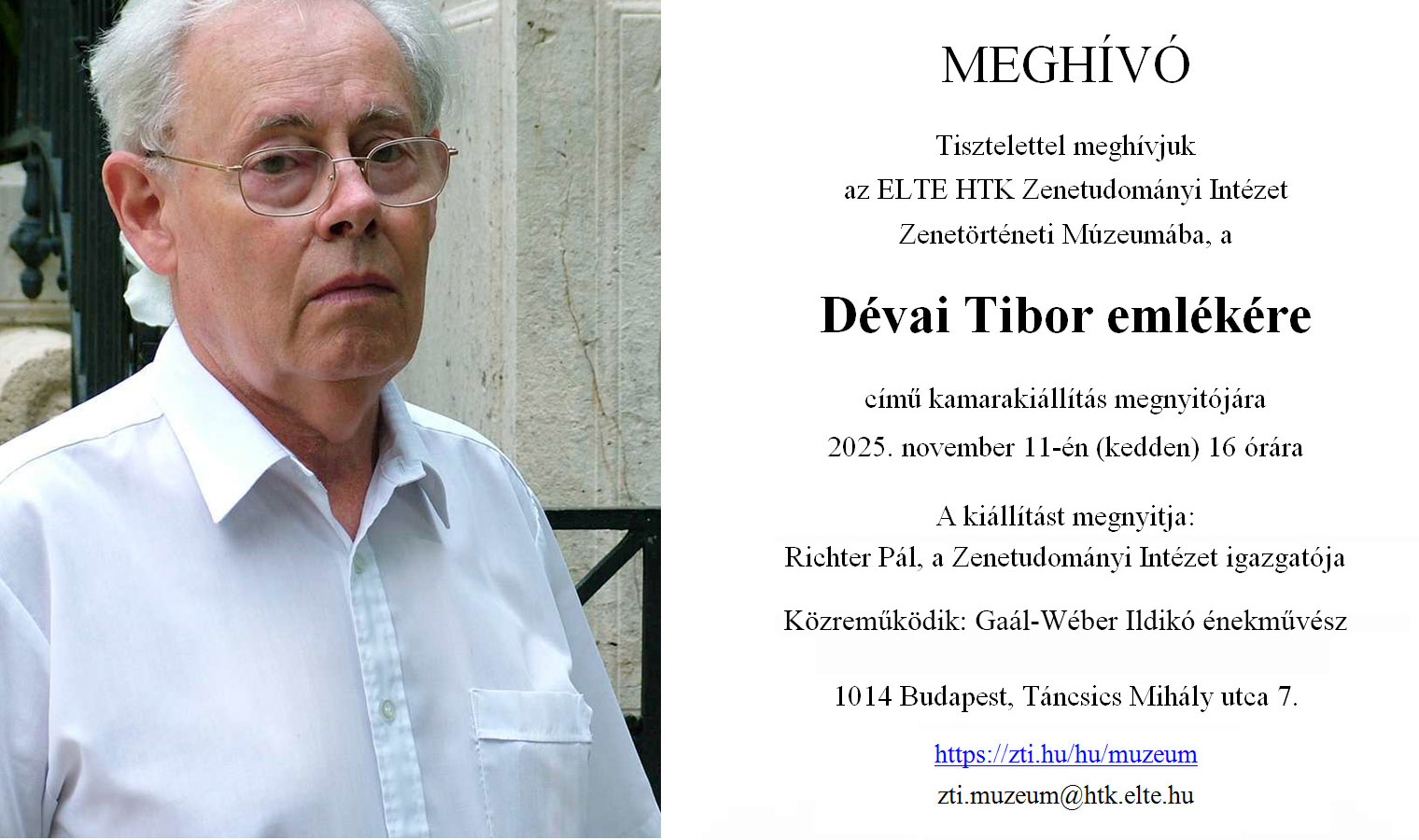
Photos from exhibition opening:
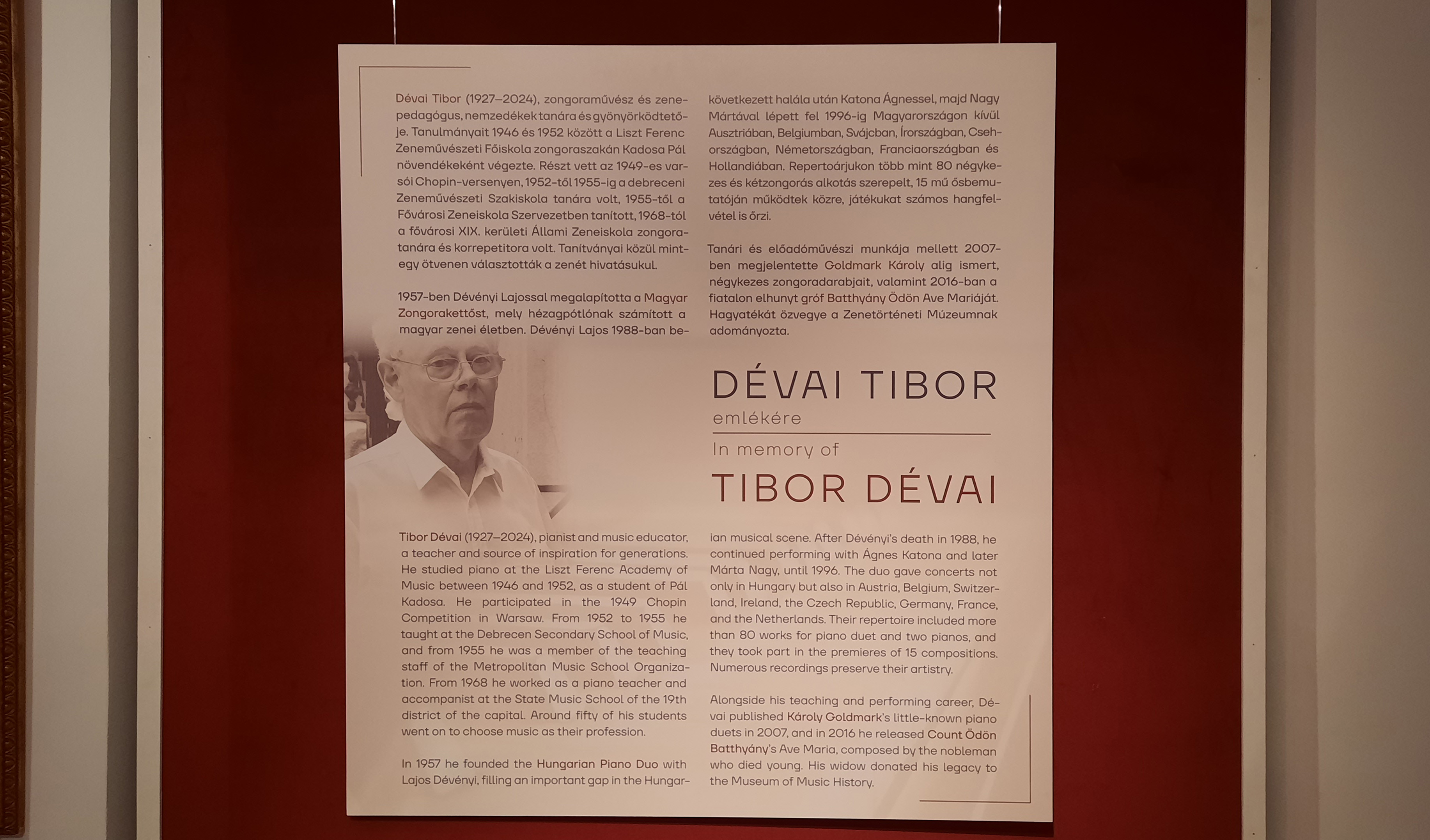 |
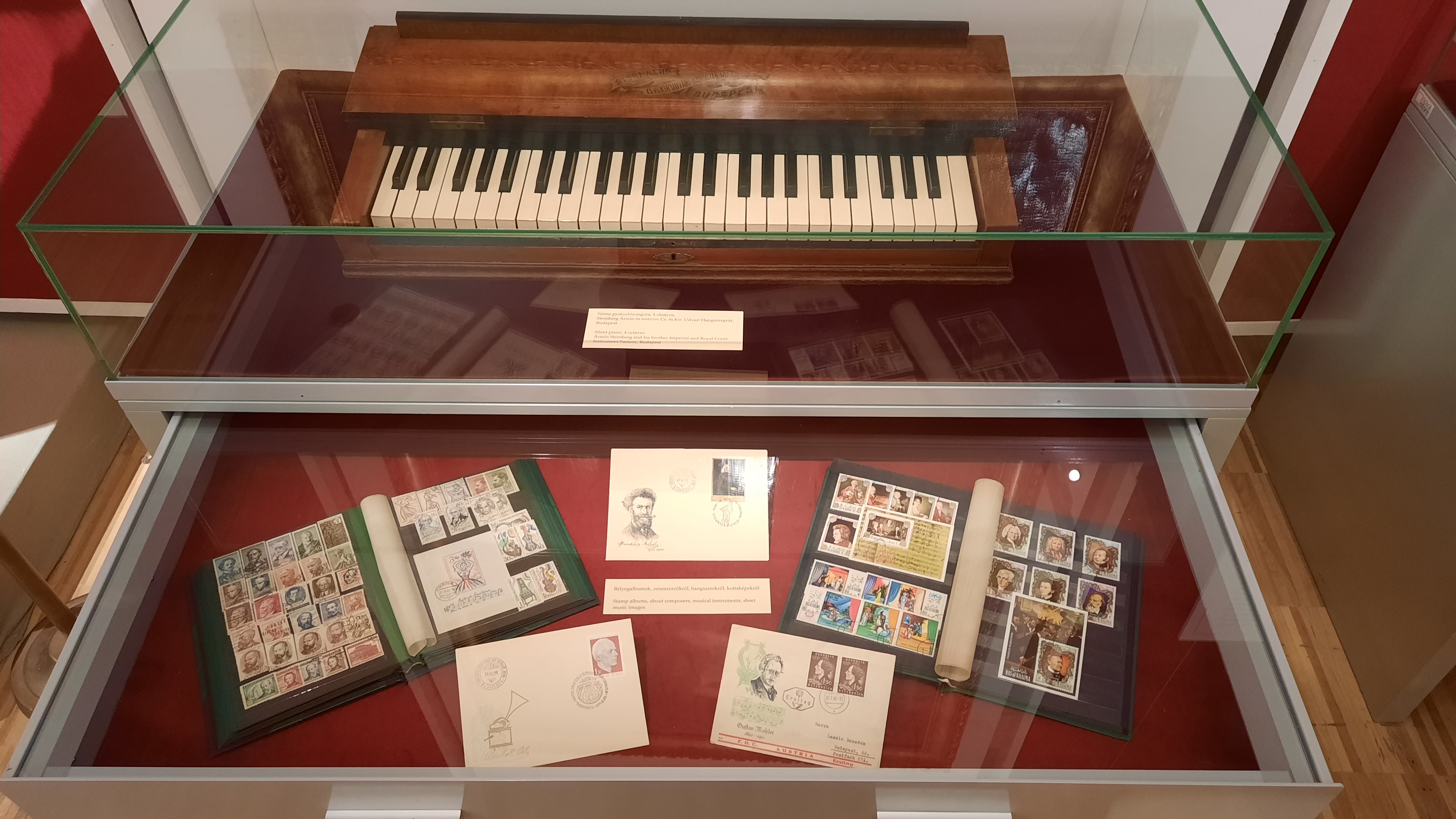 |
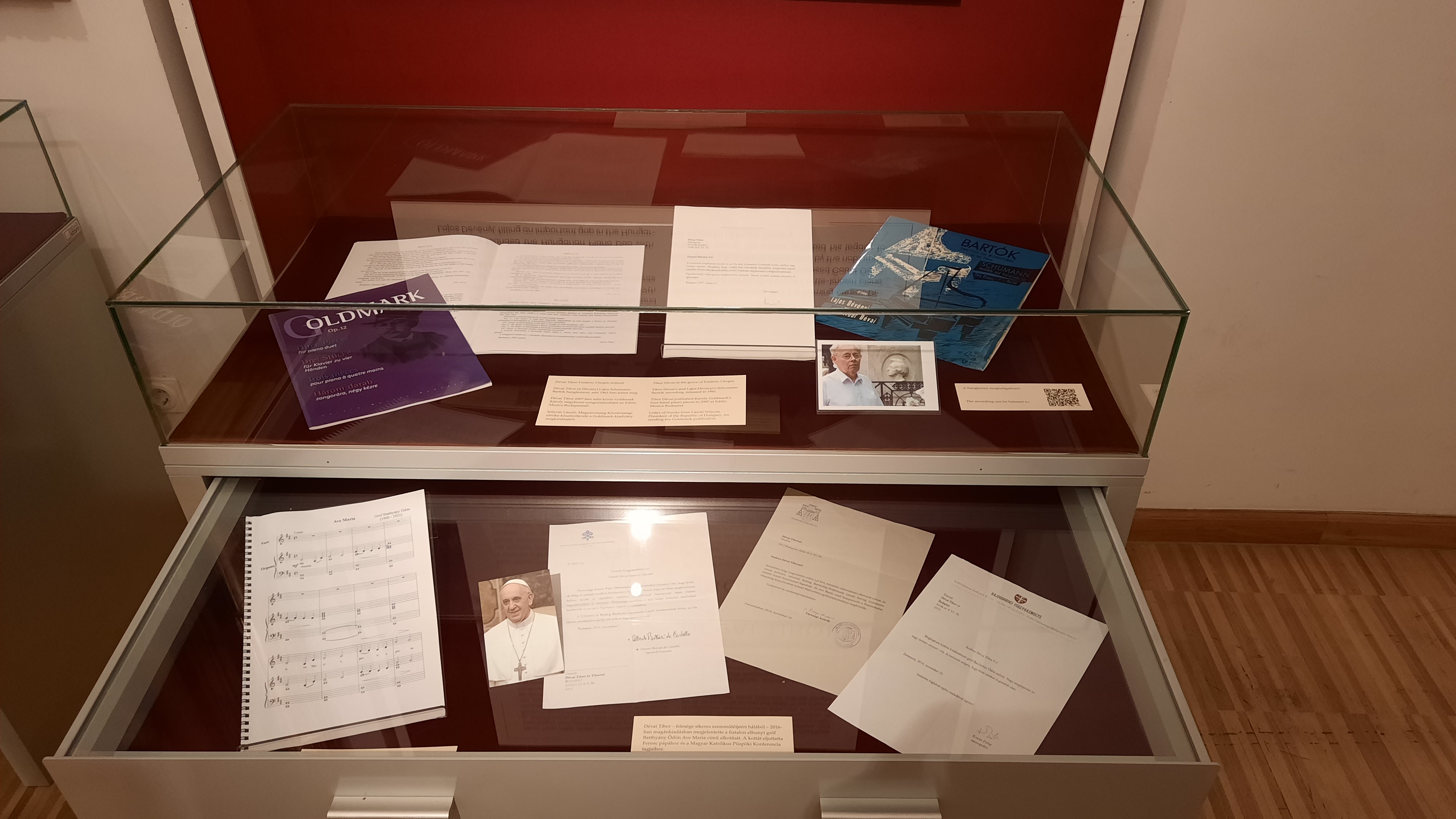 |
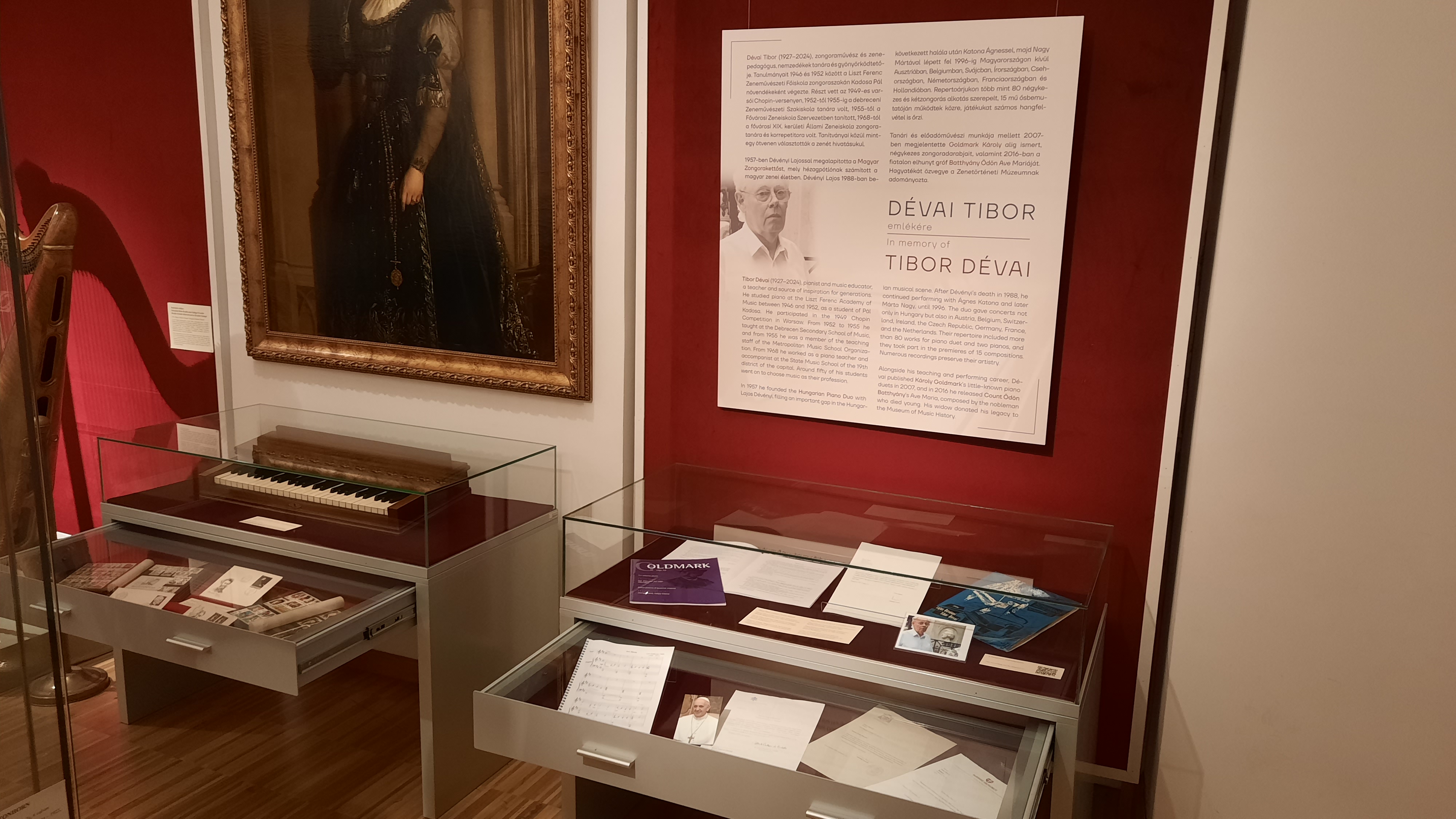 |
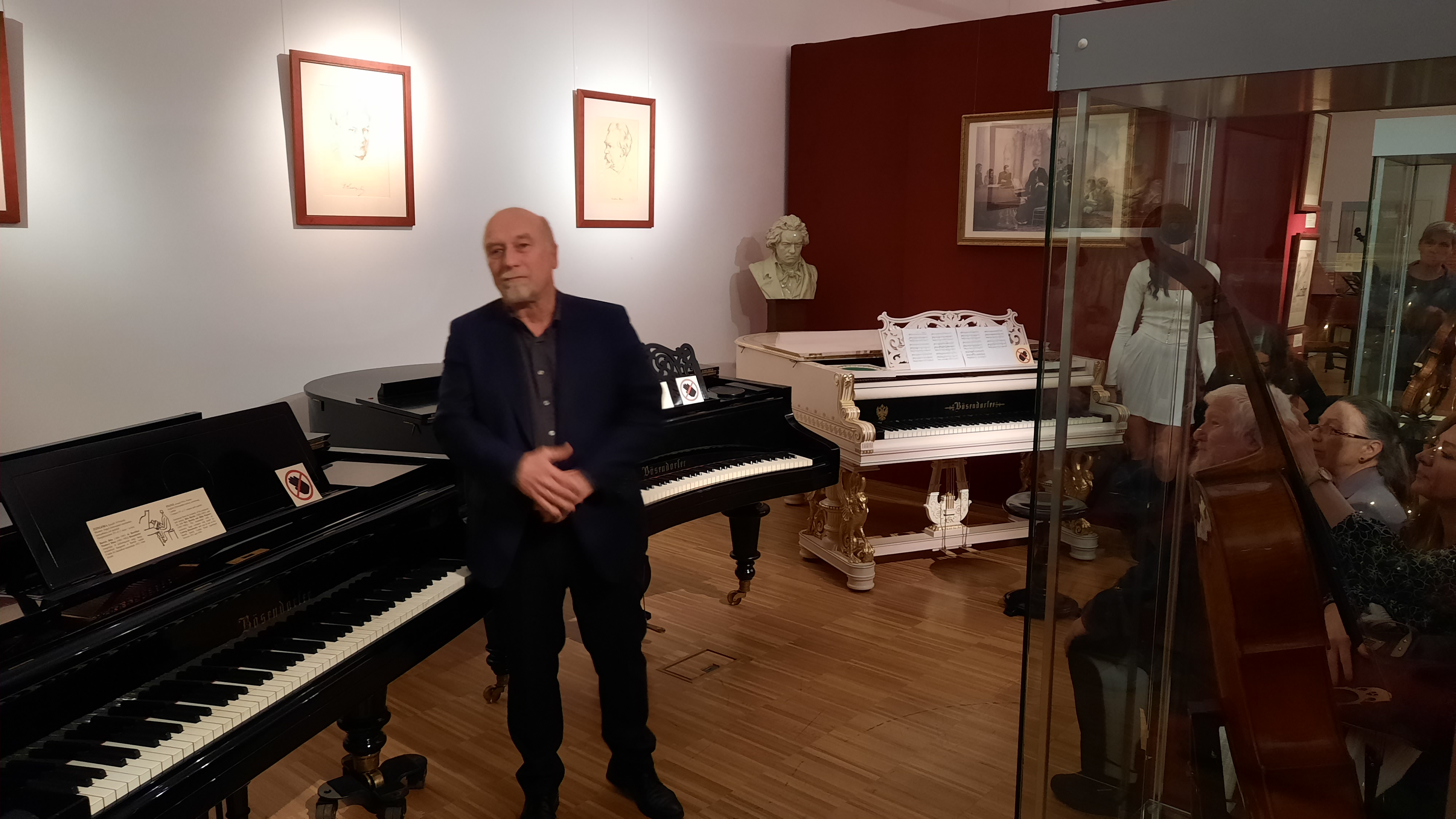 |
 |
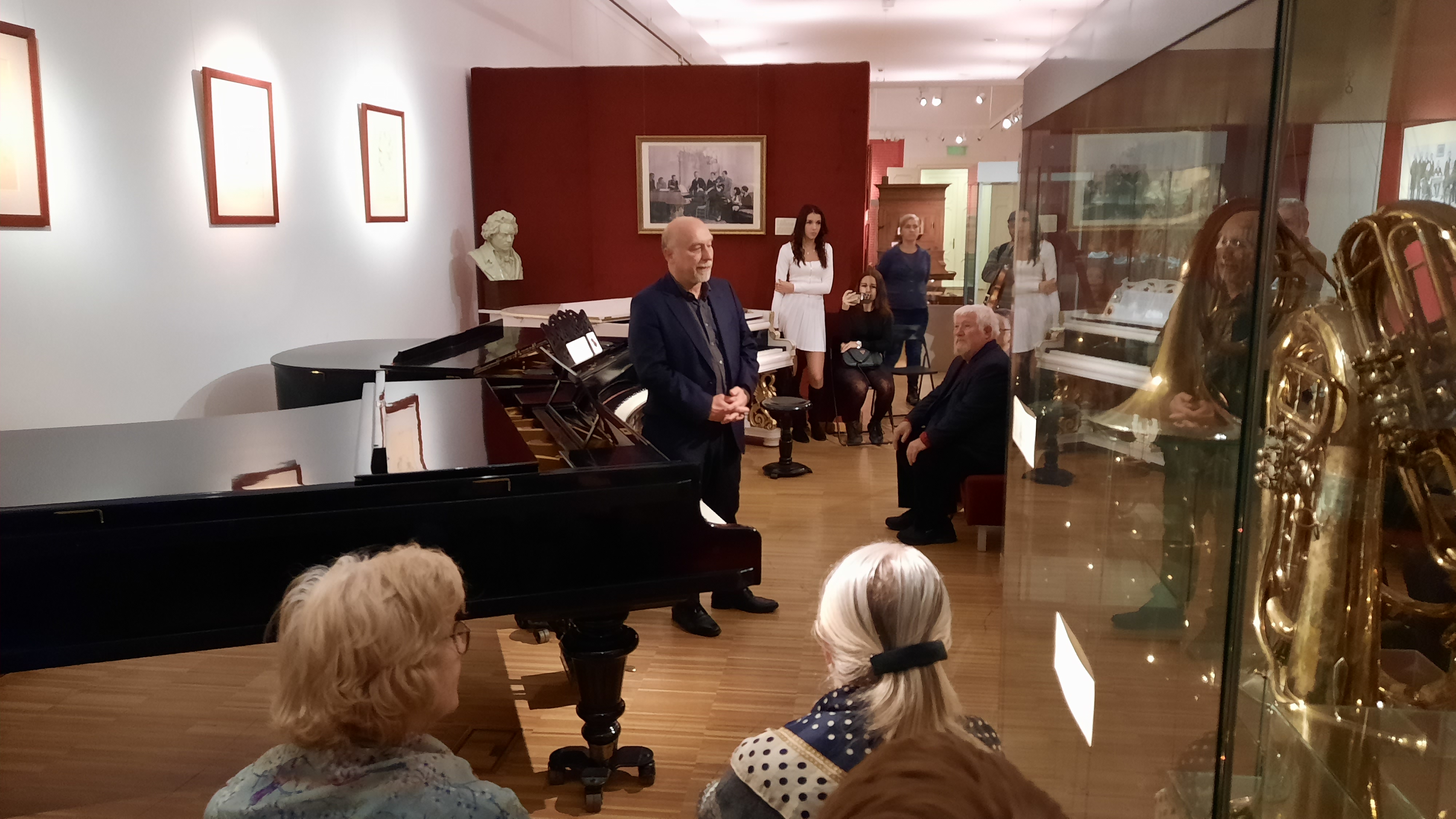 |
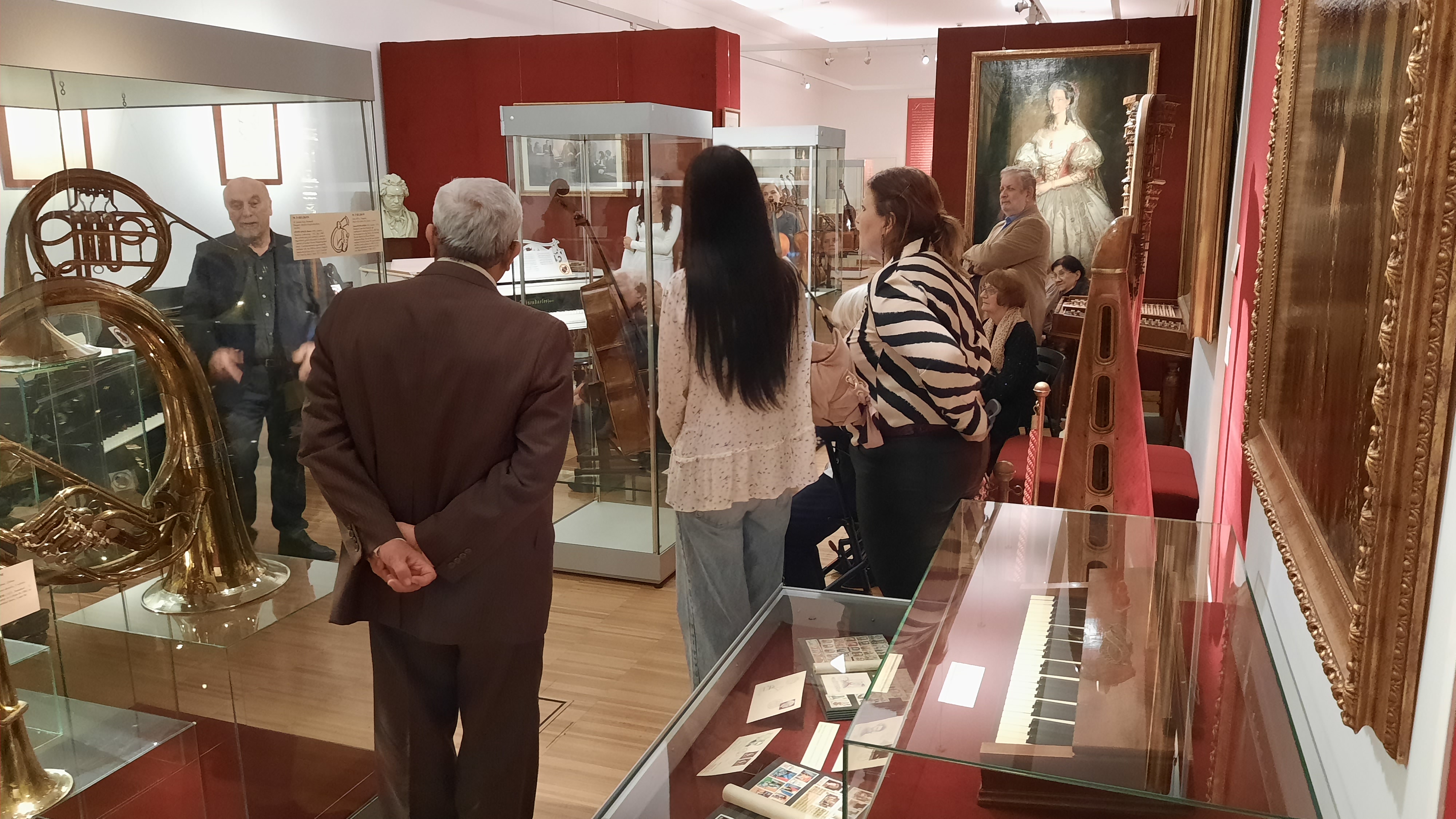 |
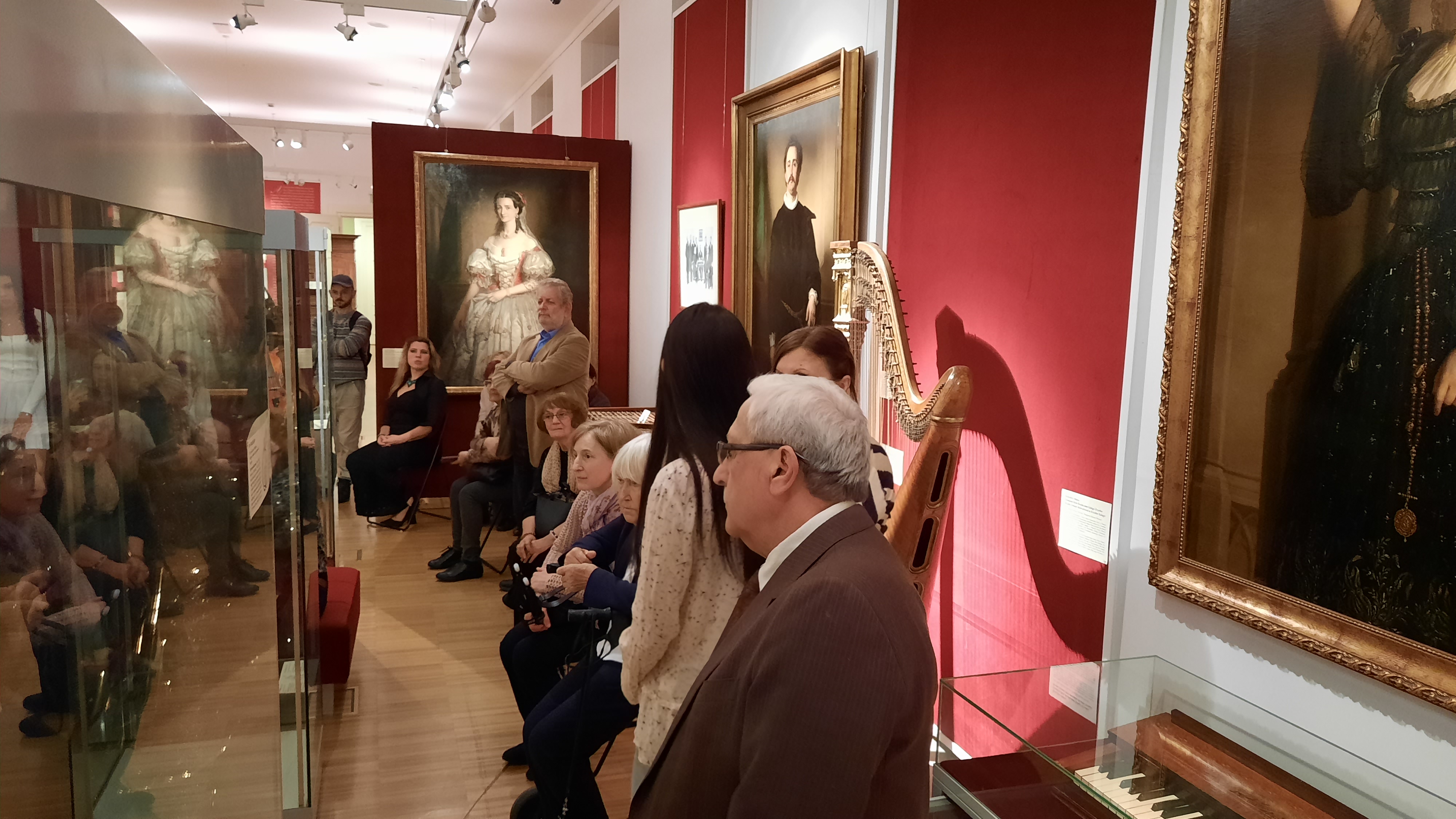 |
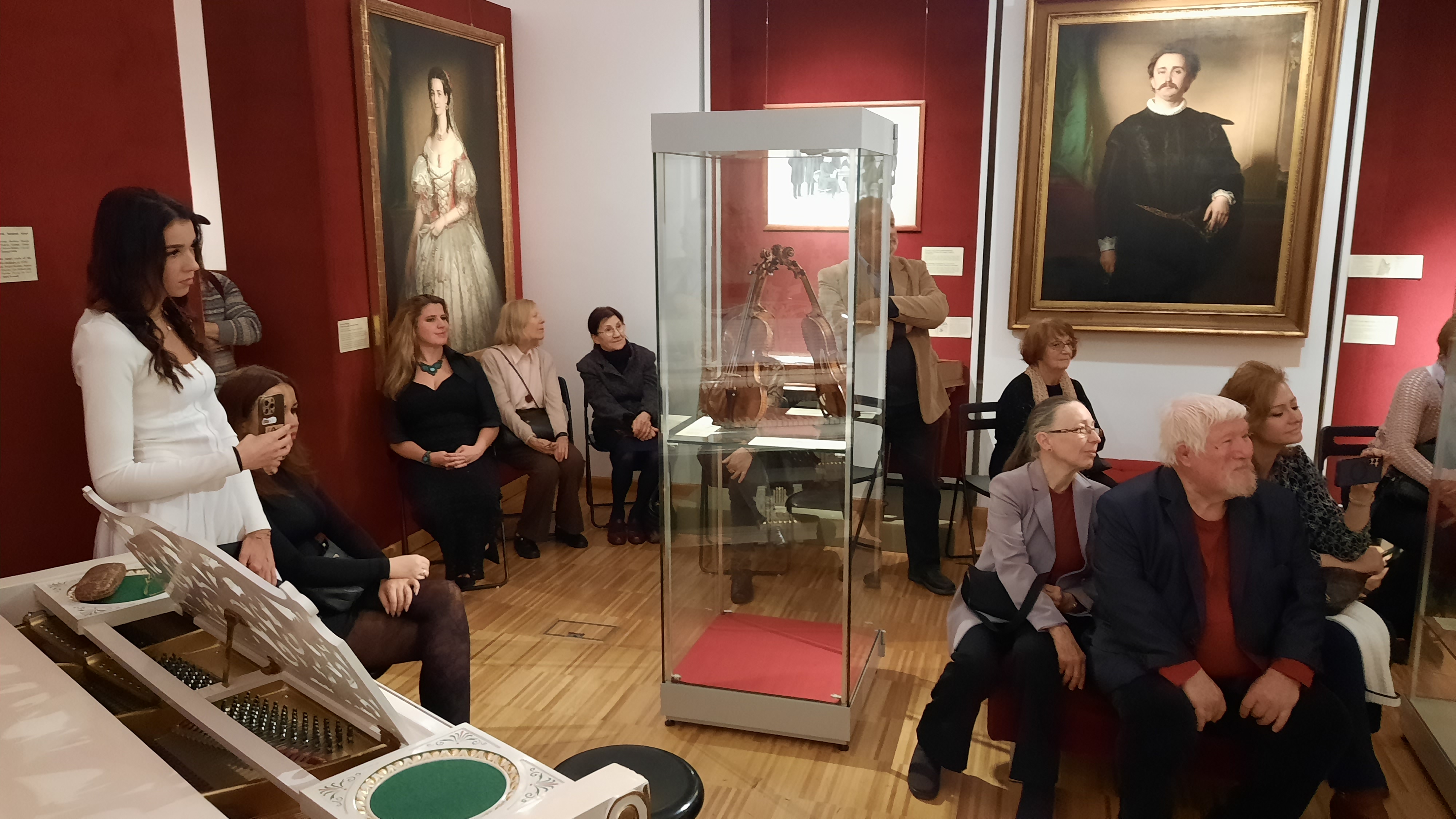 |
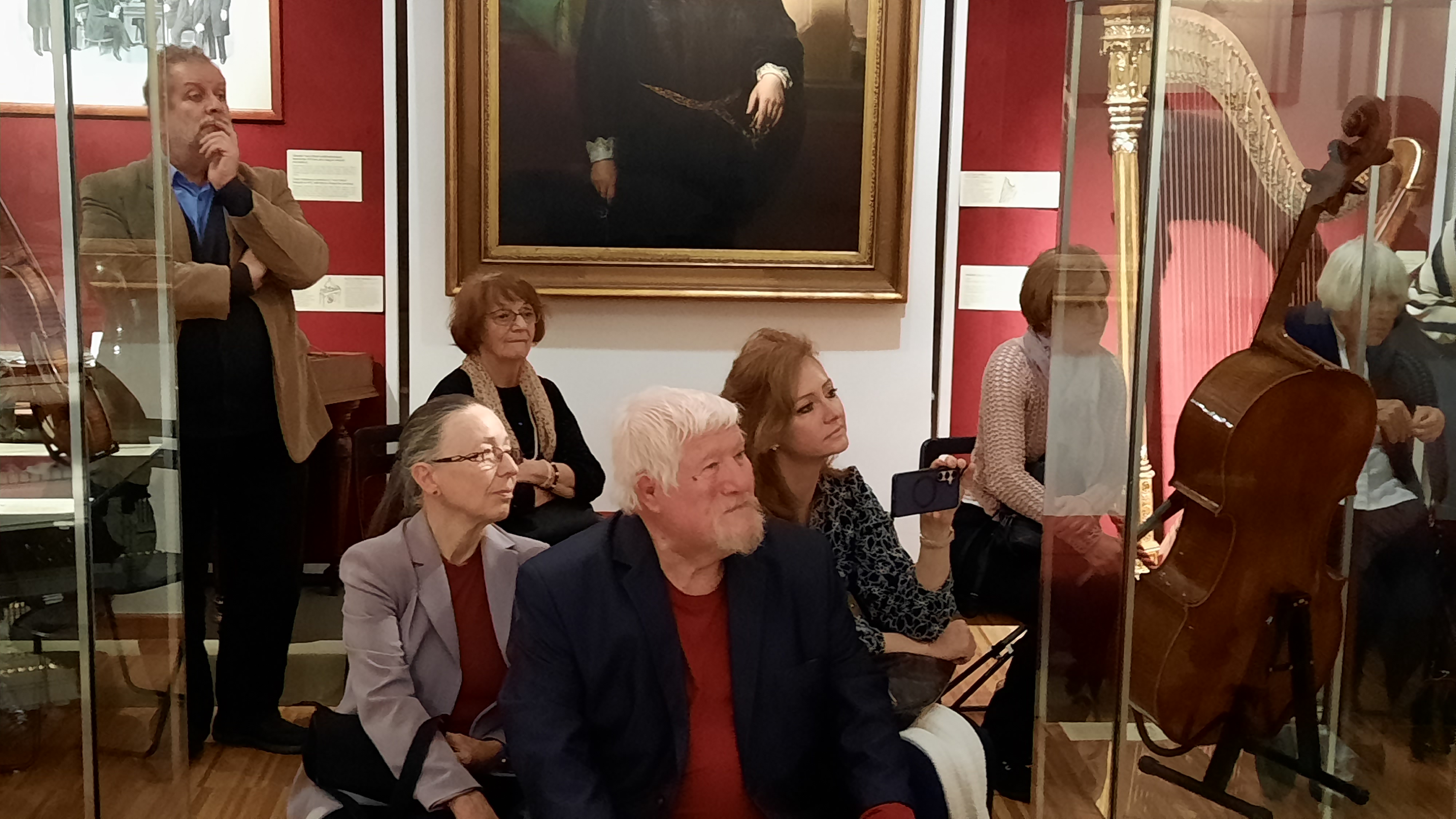 |
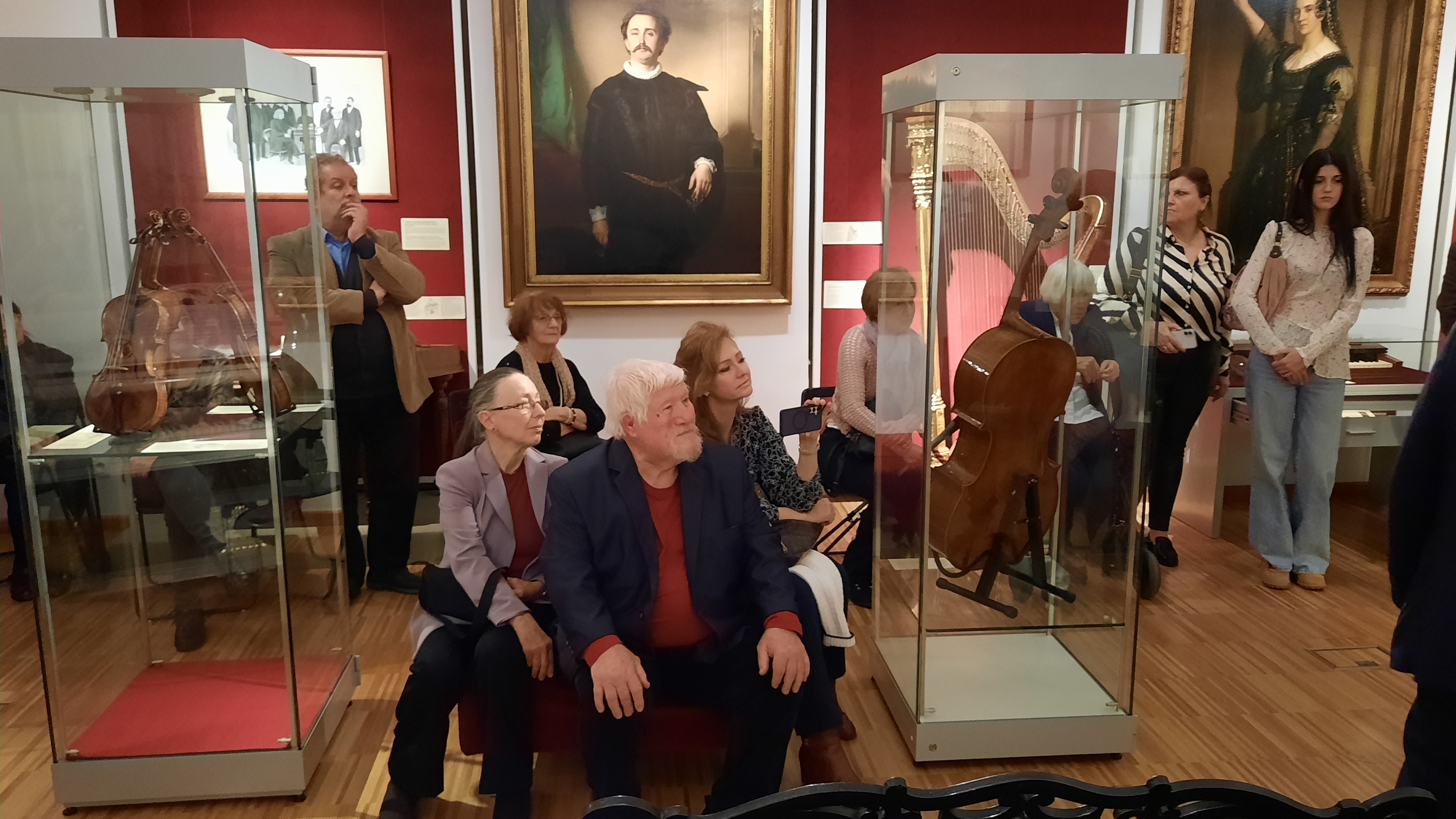 |
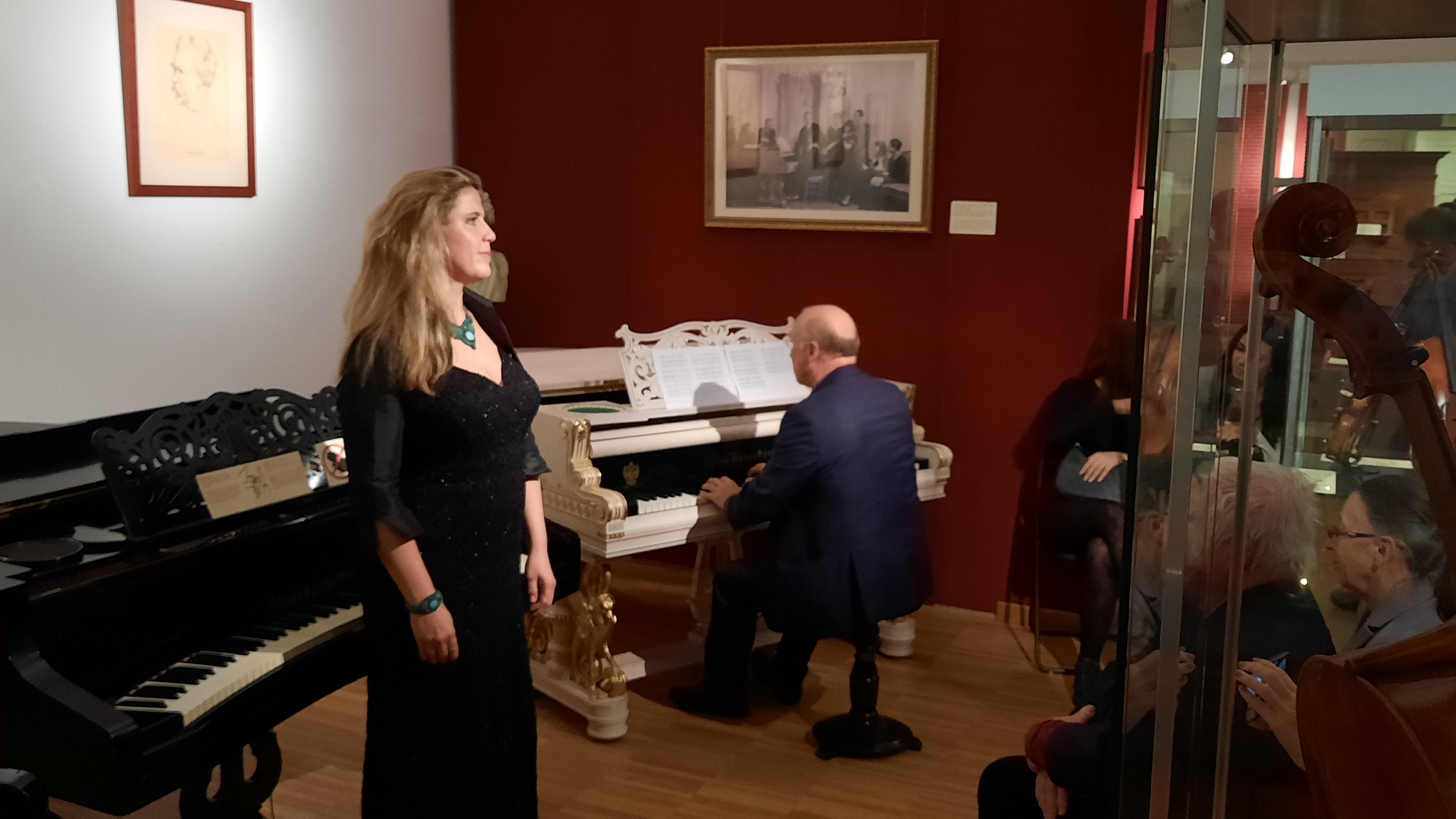 |
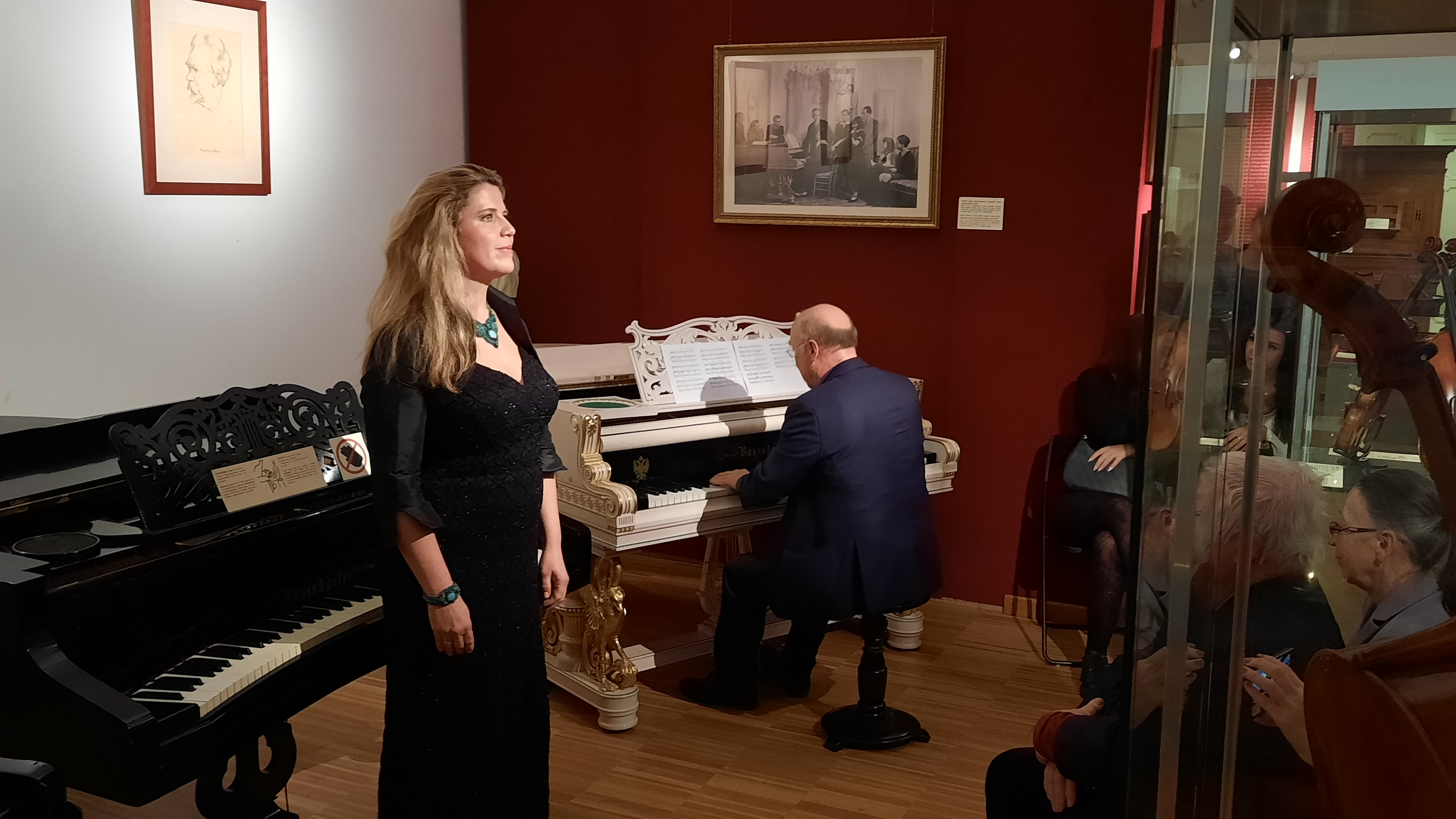 |
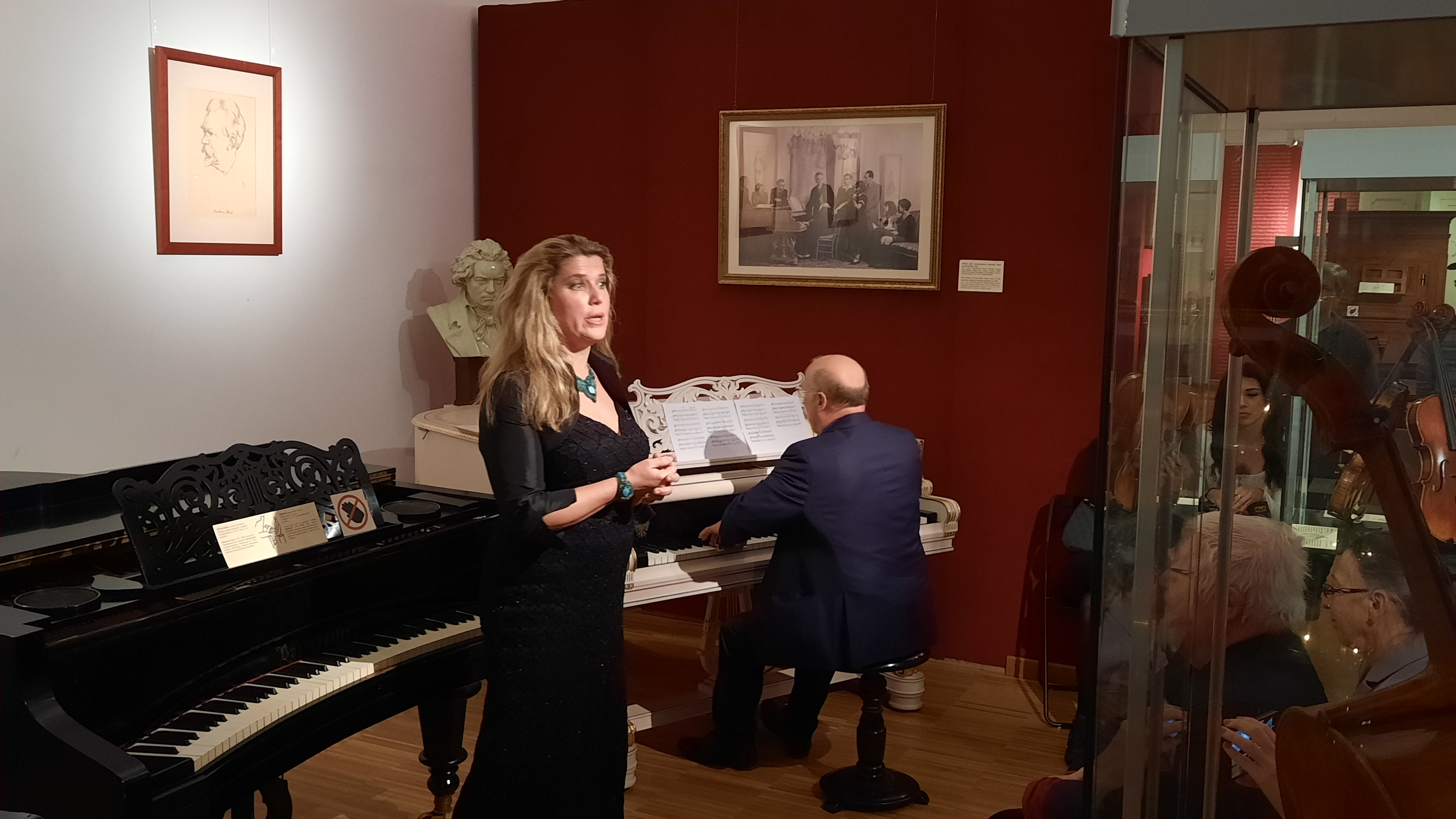 |


